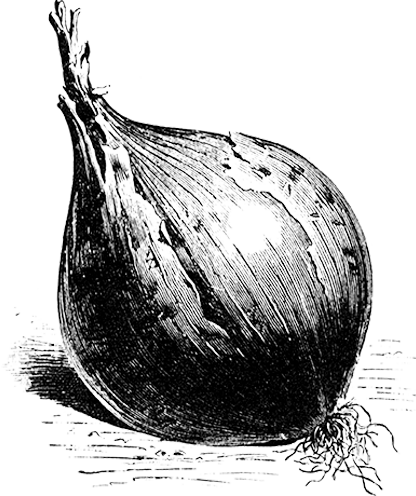Information
Is probably the mildest and most tender kale of all and one of the most beautiful ones too. The leaves are grey-green with violet stalks and nerves. They are a little crumpled with very serrated edges, resembling large fringed oak-leaves. Young leaves are eaten fresh in salads. The plant grows 40-60 cm tall and is not completely hardy. Red Russian was mentioned for the first time in 1863.
One portion contains about 200 seeds.
| Product number: | 5250 |
|---|---|
| Scientific name: | Brassica napus |
| Botanic family: | The Mustard Family - Brassicaceae |
| Organic: | Yes |
| Days to maturity: | 50 |
| Lifespan: | Biannual |
| F1 Hybrid: | No |
| New variety: | No |
| Sowing time: | Pre-cultivate: March–June |
| Sowing depth: | 1 cm |
| Germination time: | 4–7 days |
| Plant spacing: | 50 cm |
| Row spacing: | 50 cm |
| Height: | 40–60 cm |
| Plant location: | Sun–Half shade |
| Harvest/blooming: | July–December |
| Seeds/g: | 200–300 seeds |
| Heirloom variety: | Yes |
Cultivation advice
Sowing
Sow thinly indoors or in a hotbed, about 1cm deep, 4-6 weeks before setting out the plants as planned! The seeds want warmth when germinating, preferably just above 20°C. After sprouting they should be in a light, cool and airy place to avoid lankiness and attacks by root-neck rot but not lower than 14°C for any length of time. Low temperature increases the risk of bolters a lot. Temper the plants gradually before setting them, when the risk of frost is just about over. Most kinds of cabbage can handle a night of light frost. Set out the seedlings a little deeper and tread down the soil preventing the cabbage flies laying their eggs. Many early sorts can be sown directly as soon as the soil has warmed up. Do not allow the sowing to dry out and look out for the flea-beetles.Spacing
Keep about 50 cm between the plants and 50-60 cm between the rows!Harvest
The kale is hardy and with the richest flavour after a few nights of frost, but it is tasty before too. The leaves are harvested gradually during the whole autumn and winter. They can be dried in low heat or frozen after parboiling as well. Kale is mostly used in soups and casseroles.Seed
200-300/1g. 10 g sow 100 m or yield 1000 seedlings.A portion contains about 200 seeds.
